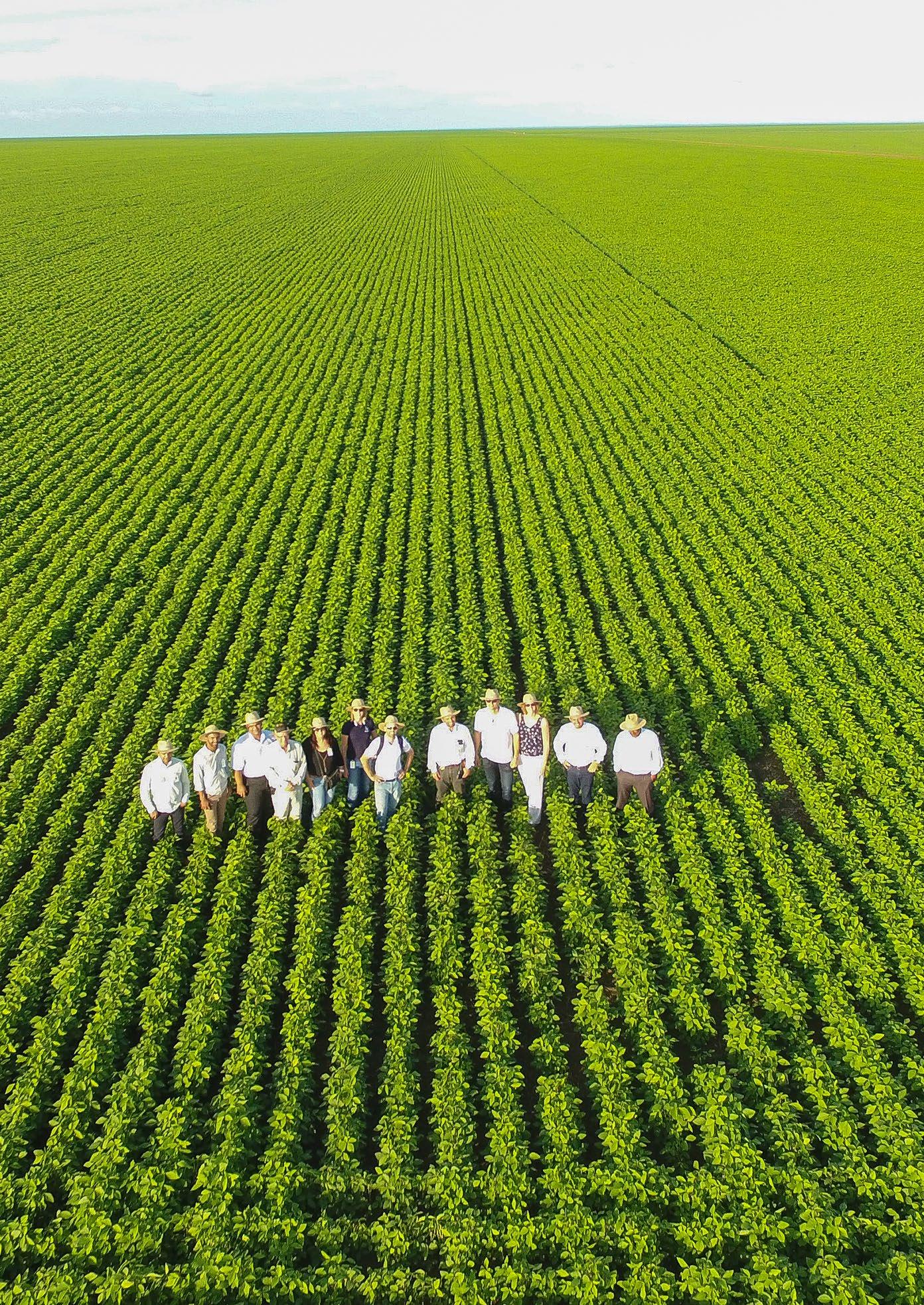
1 minute read
Preface
This SDG Materiality Report represents an important tool for businesses who wish to support the sustainable transition in agriculture. Critically, businesses should be supported who are committed to achieving sustainable and inclusive development that merges long-term profitability with social justice and environmental sustainability. This is particularly important in the context of soy, which is a forest risk commodity. At its peak, the unsustainable growing and harvesting of soybeans in the Mato Grosso state alone was responsible for 18.5% of total national annual deforestation in Brazil between 2001 and 20051. There is strong demand from both investors and civil society, along with ethically minded businesses and consumers, for clarity about the actual impact of organisational operations related to this commodity. This means that reporting on materiality is also about bringing more transparency to stakeholders and setting a higher degree of accountability for organisations involved in the soy sector.
It is the ambition of this report to:
Ô Support businesses who wish to illustrate and report their impact through their support of the Round
Table on Responsible Soy Association (RTRS).
Ô Further strengthen the profile of RTRS and certified responsible soy - both in terms of familiarity with the certification and the impact associated with such preferential uptake.
Ô Provide a range of information on companies and brands that are RTRS certified to guide future consumption and champion brands leading in this domain.
Ô Provide an easy mechanism to send a message to industry leaders encouraging their sustained work to prioritise RTRS certified soy, and accordingly leverage further change and leadership by tracking these positive actions.
Ô Assist national governments (i.e., Amsterdam Declaration signatories2) in their goal of securing the import of 100% certified sustainable soy.
Ô Translate the support of sustainable soy into the common language of the Sustainable Development
Goals (SDGs).










